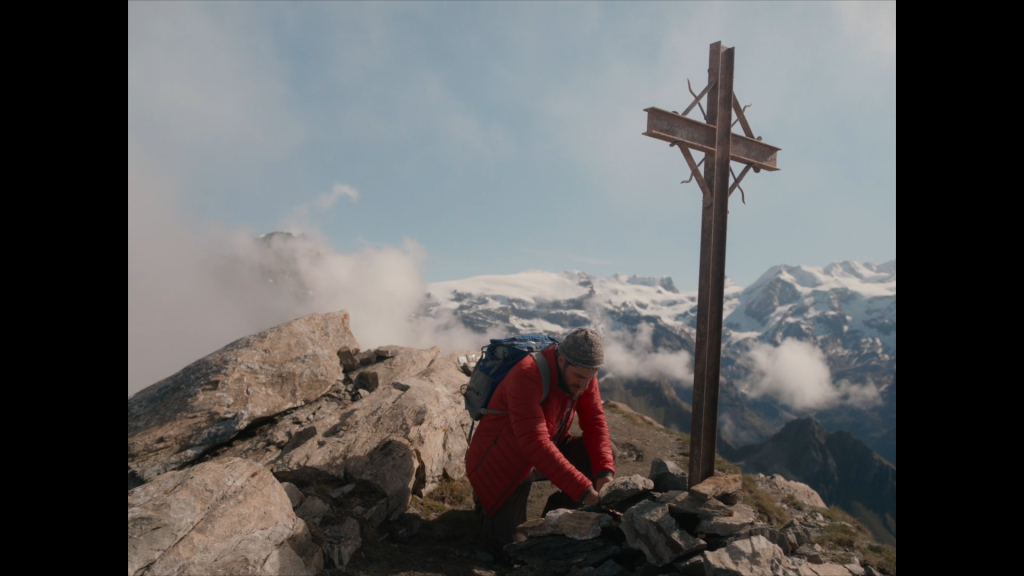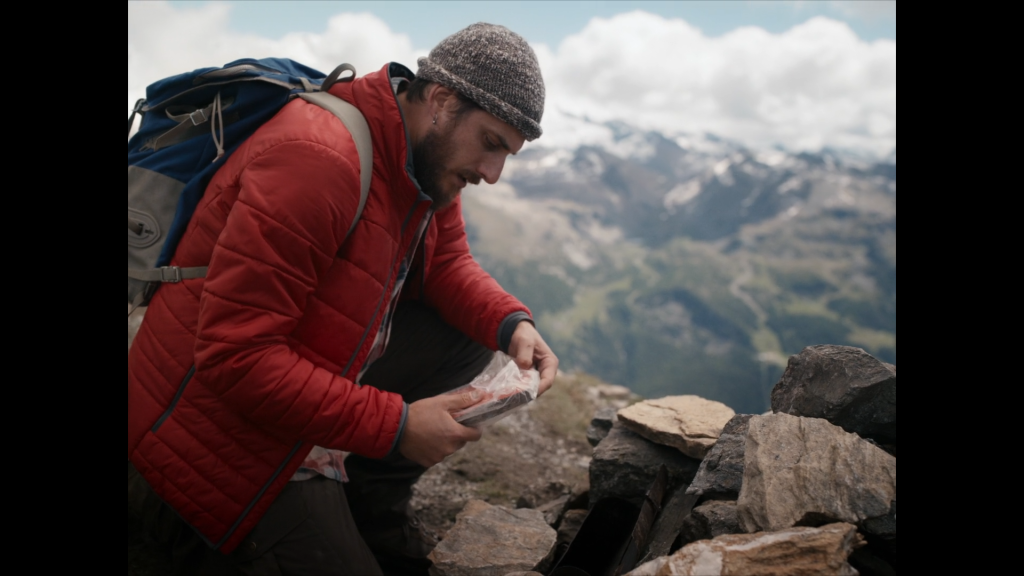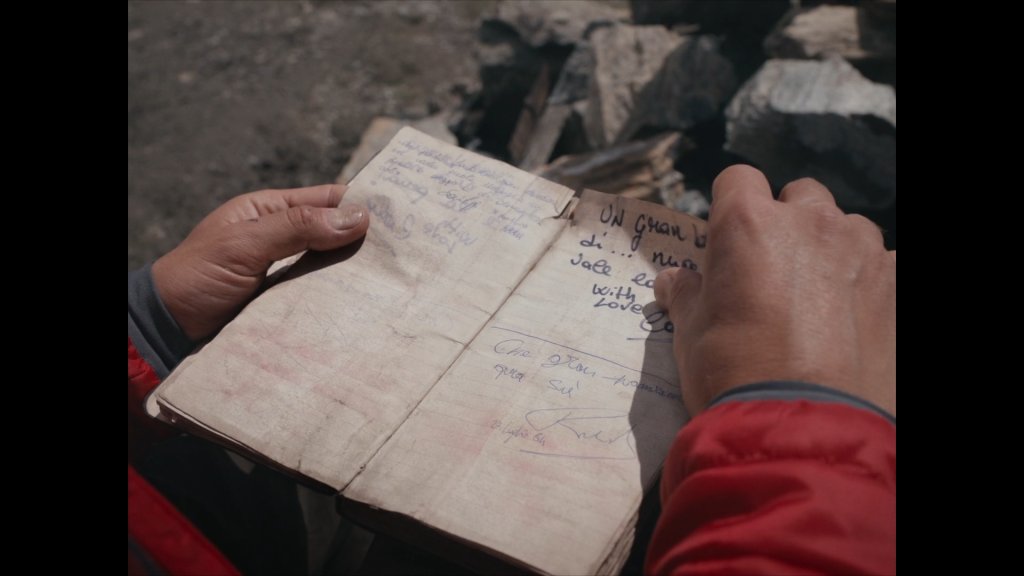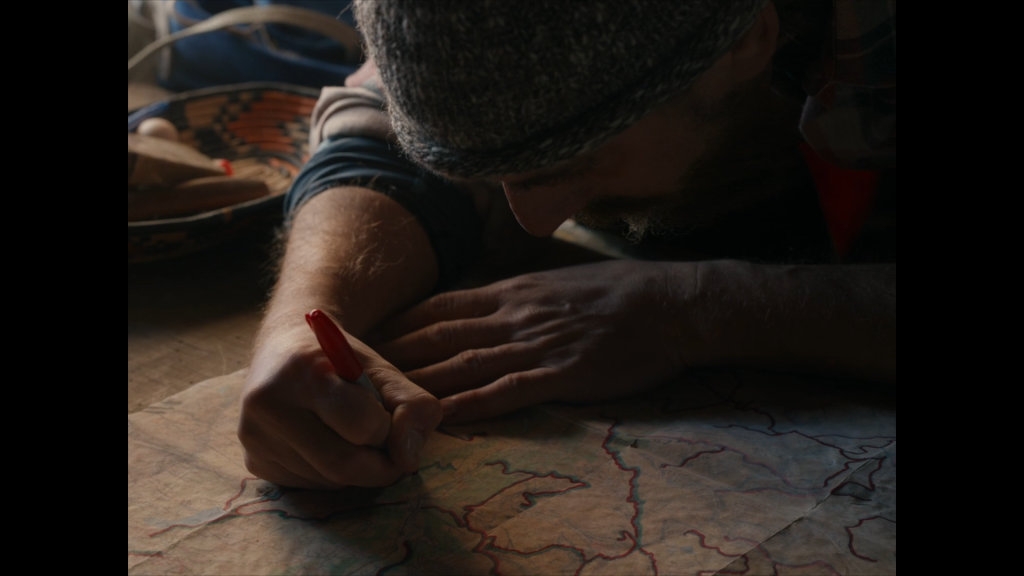As mentioned previously on this blog, I have been creating mixtape-length (no more than 80 minutes each) Spotify playlists of new music I’ve been enjoying semi-annually since 2011. I’ve been posting links to them on Twitter since 2019, but in keeping with one of my New Year’s resolutions (see below), I’m going to begin spinning them into blog posts starting with this one. One of my favorite things about this project is the evidence it provides of just exactly how my music tastes are evolving. Previous trends I’ve noticed are the increasing prominence of country music (especially as written and performed by women) and jazz. Lately, more and more film music is creeping in to these mixes as well, which makes sense considering that I’m seeing more movies in theaters than I have in a decade. It has also been interesting to me to see how emo has continued to have a place in my life thanks to bands like The Wonder Years whose preoccupations are changing apace with my own. Where we used to spend way too much time mooning over crushes, now we fret about parenting in an age of global warming and gun violence. Anyway, without further ado, here’s a link to my 2022: The Mixtape, Vol. 2 playlist followed by the tracks included on it:
- Colin Stetson – Our Side or Theirs
- $ilkMoney – I Ate 14gs of Mushrooms and Bwoy Oh Bwoy
- quinn – you don’t gotta be here if you don’t wone’a
- Hildur Guðnadóttir – For Petra (vocal version)
- Hedvig Mollestad / Trondheim Jazz Orchestra – Do Re Mi Ma Ma
- The Wonder Years – You’re the Reason I Don’t Want the World to End
- Duval Timothy feat. Yu Su – Wood
- Taylor Swift feat. Lana Del Rey – Snow On The Beach
- Camp Cope – Running with the Hurricane
- Saul Williams – Pensent Comme Leurs Livres Disent (Think Like They Book Say)
- Alex G – Mission
- The Mountain Goats – Extraction Point
- Doja Cat – Vegas
- Porridge Radio – Back To The Radio
- Grace Ives – Shelly
- Craig Finn – The Amarillo Kid
- Carter Burwell – The Mystery of Inisherin
- Amanda Shires – Lonely At Night
- Sofie Royer – Feeling Bad Forsyth Street
- Weyes Blood – Children of the Empire
* * *
All over the world people are publishing lists of their favorite movies of 2022. For the first time in a decade, I’ve actually seen enough new films (I posted about ~40 on Twitter) to contemplate doing the same myself, which means it’s time to resurrect one of the better ideas I had during my first go-round as a film blogger, the movie year. You’ve heard of calendar and academic years, yes? This is the same basic concept. If you live in Los Angeles or New York, by now you’ve had an opportunity to see most of the year’s major releases, especially if you’ve also attended a few film festivals or regularly receive screeners. None of this applies to me or most of the other people I know who live in what the trades may or may not still refer to as “flyover country.” I’ve seen many of the most significant films of 2022, sure, but quite a few more will arrive in Ithaca between now and March, in part because distributors time their releases around the Academy Award nominations they hope to receive. At the risk of according too much significance to the ceremony itself, Oscar night therefore makes MUCH more sense as a time to look back on the previous year for someone like me than New Year’s Day or Eve, so that’s what I’m gonna do. I’ll share my thoughts on how appropriate the the Top Ten List format is for non-professional film writers (spoiler alert: it ain’t) at that time as well. Stay tuned!
* * *
What I will post now are a few New Year’s resolutions. As announced in July, I’ve decided to keep my Drink & a Movie series going four full years because I’m having loads of fun and there’s stuff I want to do with it after I have enough posts for a 52-week-long film series. This idea started as a way of achieving last year’s New Year’s resolution to blog more, and part of the way I accomplished it was by pushing myself to get each month’s post up by the first or second Saturday of each month. Now that I’ve successfully gotten back into the habit of writing regularly, though, I’m going to be less rigid with the timing and concentrate on trying to say something original about each film I tackle. On the drink front, my loving wife and I are also going to focus more on presentation, including garnishes.
That’s all intentionally somewhat vague. More concretely, I hereby resolve to follow up the tweets I’ve been posting announcing which screenings I’m planning to attend (which are intended to promote my local theaters, help me keep track of what I’ve seen, and give people a chance to say “I’ll meet you there!”) with a “one tweet take” on everything by way of becoming more comfortable sharing my opinions on things I haven’t yet had an opportunity to think deeply about and hopefully engaging in more conversations about them. Last but not least, I’m going to sprinkle more additional content like this in amongst my Drink & a Movie posts. On that same note, I’ve actually got a post about film criticism (a topic that I hope to revisit a few times in 2023) about half finished, so it’s not inconceivable that I could be back tomorrow or Saturday. I’m not going to rush, though, so: Happy New Year, and thanks for reading!



